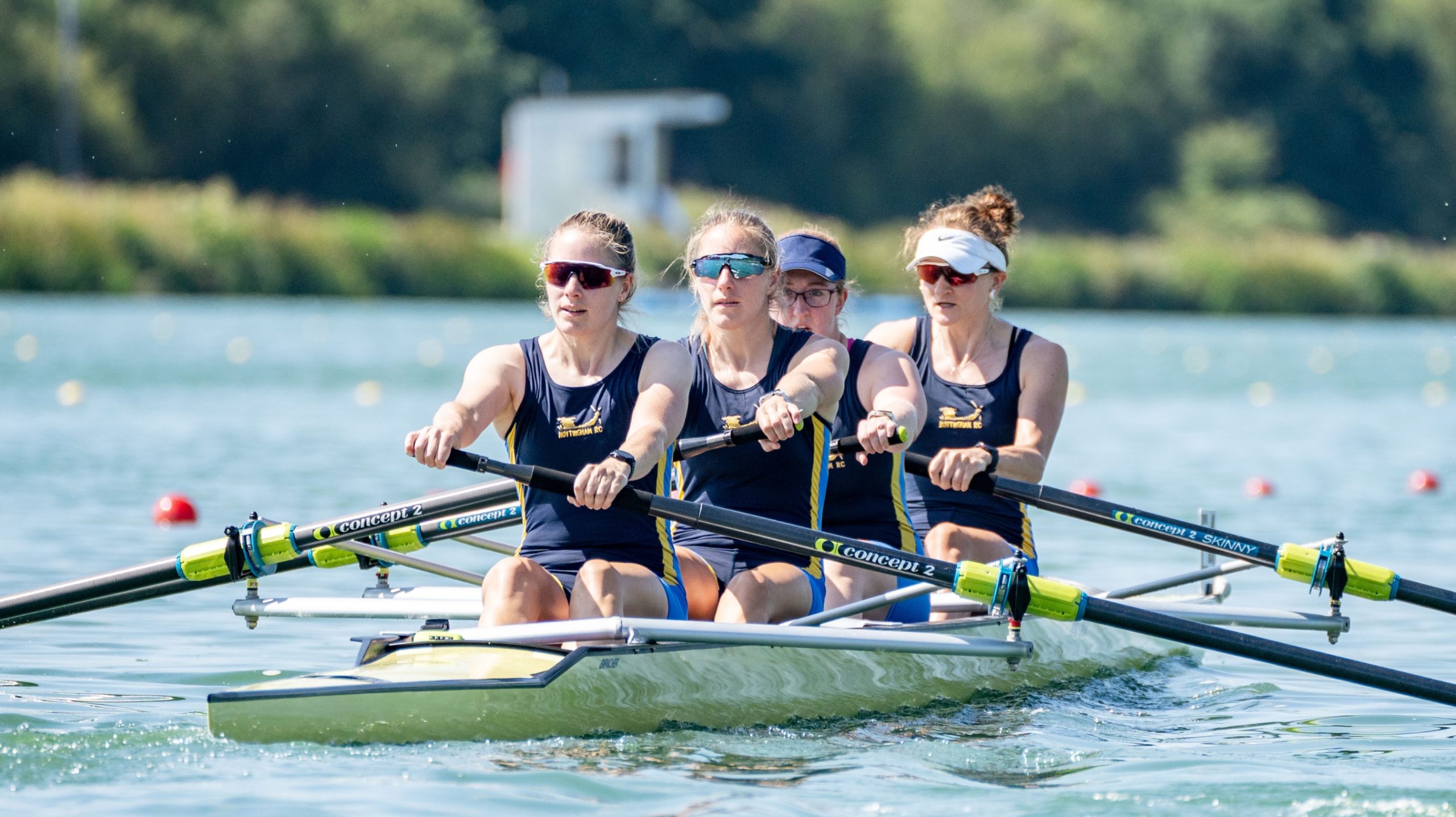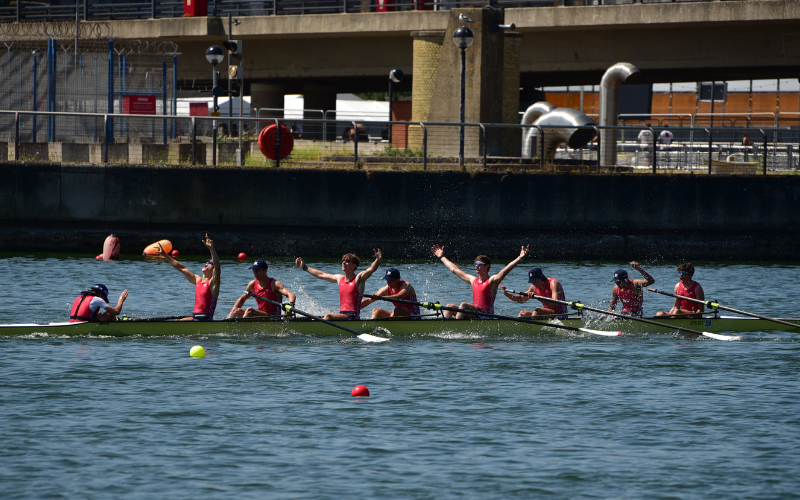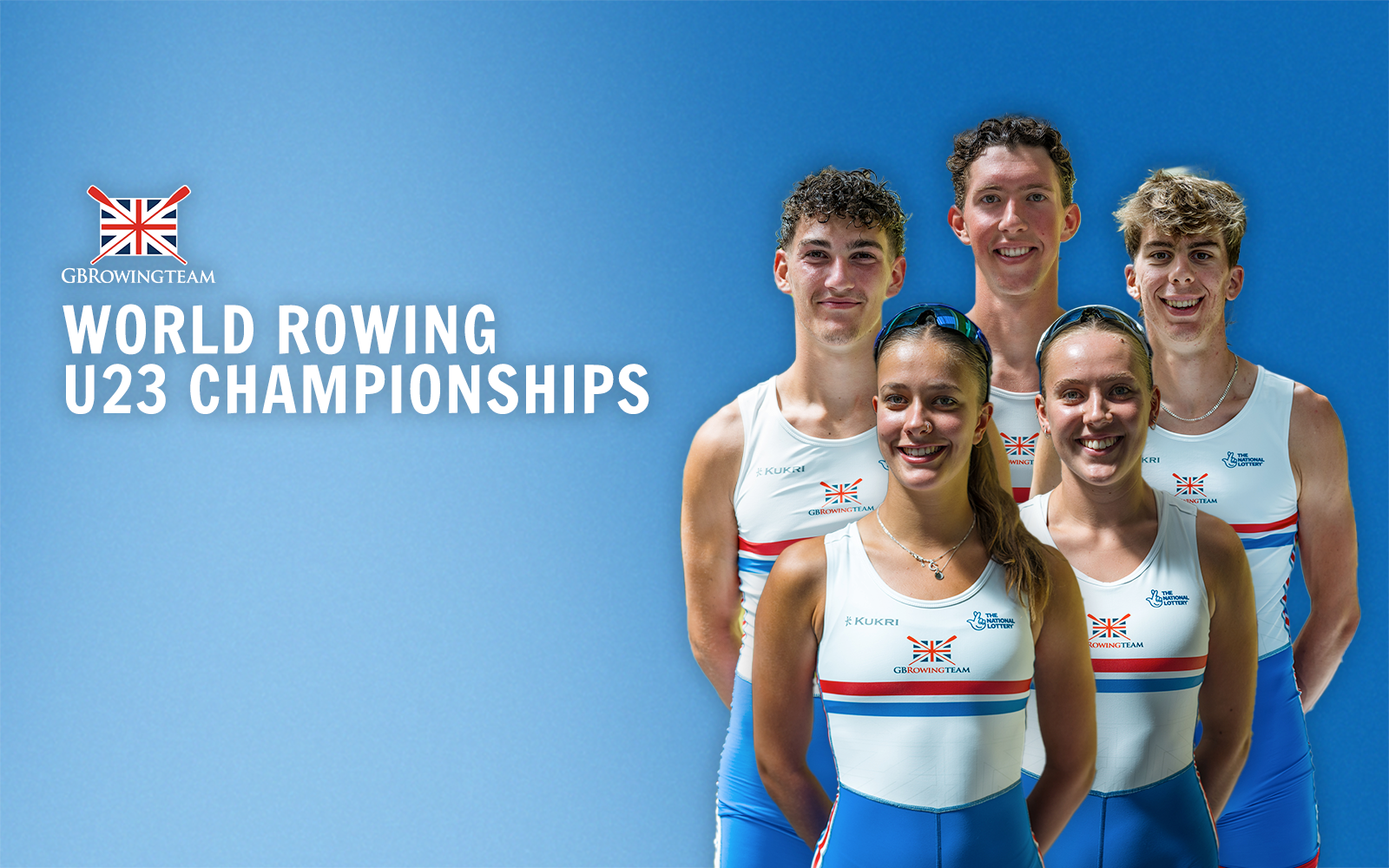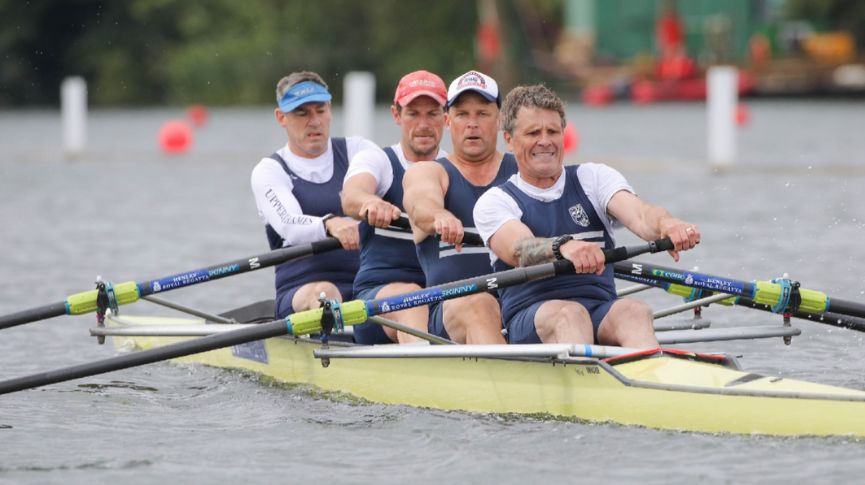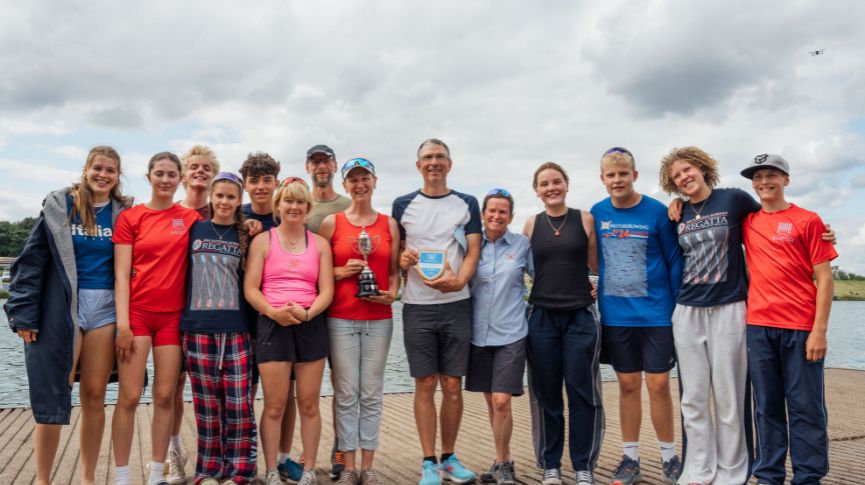Exclusive interview with British Rowing Chairman Mark Davies
Mark Davies took over the role of Chairman on 1 April and will serve a three year term
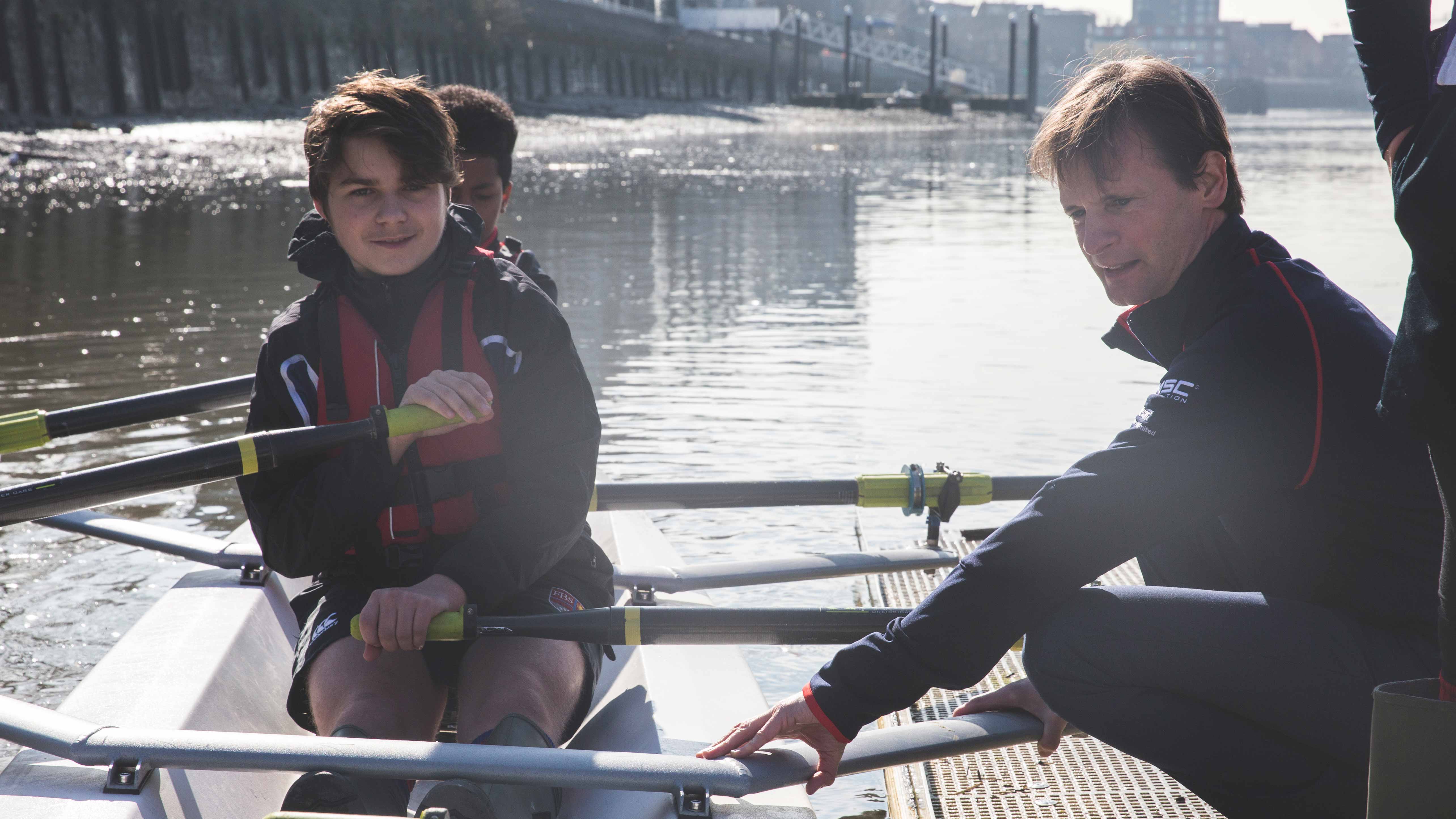
(c) Nick Middleton
Mark Davies, 47, learned to row at Christ’s College, Cambridge and coxed two reserve Boat Races, represented England at the Home International Regatta and was a finalist at Henley Royal Regatta. He has a breadth of experience in sport and business from a career that includes roles at JP Morgan, BBC Sport, Betfair and, more recently, Chairman of Archery GB. A trustee of SportsAid, he is also involved with fundraising for several charities.
Britishrowing.org caught up with Davies after his first month in the role.
British Rowing: What prompted you to apply for the role?
Mark Davies: “It’s a brilliant job, why wouldn’t anyone want it? I’ve been involved with and passionate about rowing since about 1990, and we’re talking about the most successful sport, in Olympic terms, that this country’s had in the last 30 years. The combination of these two things make it a fabulous job in a fabulous sport.”
What are your short-term priorities?
“Short term, I want to get out and talk to as many people as possible and hear from them what they think is right and what’s wrong. I have come in with a set of ideas and some opinions of my own but I don’t for a second think that my job is to come in and impose these on people. It’s all about listening, discussing and collaborating.”
“Rowing engenders a passion that just doesn’t exist anywhere else”, Mark Davies, Chairman of British Rowing
What excites you most about being Chairman of the Board?
“I’m not sure that excitement is necessarily the right word. It’s a challenge to be Chairman of any board. Reflecting on my time as a cox, I see the job of the Chairman to be very similar to the job of a cox. In front of you, you’ve got a lot of talented people who probably have very strong opinions about what’s going right and what’s going wrong. It’s your job to hone this group of people into the best performing crew that you can, trying to get the best out of each and every one of them in order to achieve your collective goals.
In your opinion, what are the key challenges for British Rowing?
“One challenge is to maintain our position at the top of world rowing in a world where the margins are getting ever smaller. And, at a club level, we have to increase the diversity and inclusivity of the sport in order for it to grow. These are two very separate challenges but, ultimately, the national governing body sits across them and they feed each other, so are challenges that we can address.”
In your opinion, what are the opportunities for British Rowing?
“Well, one of the obvious things is the number of people who are involved in some way in rowing who aren’t members of British Rowing. There are a lot of people who jump on rowing machines, who are involved from a fitness perspective, which presents us with a big opportunity to try and engage these people more directly in the sport.”
Rowers are particularly passionate about their sport. Why do you think this is?
“It’s inherent in the nature of rowing because you have to be pulling for all your crew mates in a way that simply isn’t the case in other sports. If you want to take a breather in football – you can take one. In rowing, you give 100% every single moment – in training and competition. Why do you do that? Because everyone alongside you is giving 100%, every single moment. There isn’t time to take that breather. It’s the only sport in the world, as far as I’m aware, where that is true which is why rowing engenders a passion that just doesn’t exist anywhere else.”
Rowing is a sport that relies heavily on volunteers. What message do you have for them?
“Volunteers are the lifeblood of any sport. Without volunteers, we are nothing. If our sport is a community, and people are passionate about it, then it can grow and expand. One of the things I’d like to work on is engendering that sense of community. Rowing is a growing family that can be a force for good around the country. It means that more people will want to reach out and take part in our sport.”
You have experience from different sectors in sport, what have you learned?
“When I was first looking at this job, what was quite striking was how the same challenges exist across all sports; including the difference between the elite and the membership sides. I see one of my roles here as demonstrating to the grass roots why the national governing body is absolutely relevant; and why there is a very important link between the top of the sport and the person who just wants to go out in a sculling boat and enjoy it simply by themselves.”


